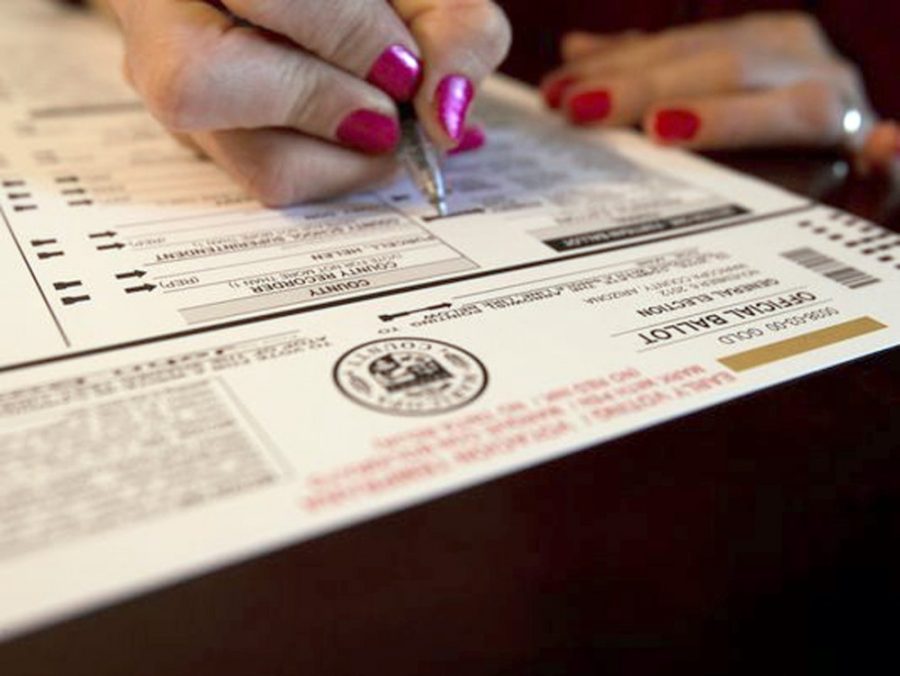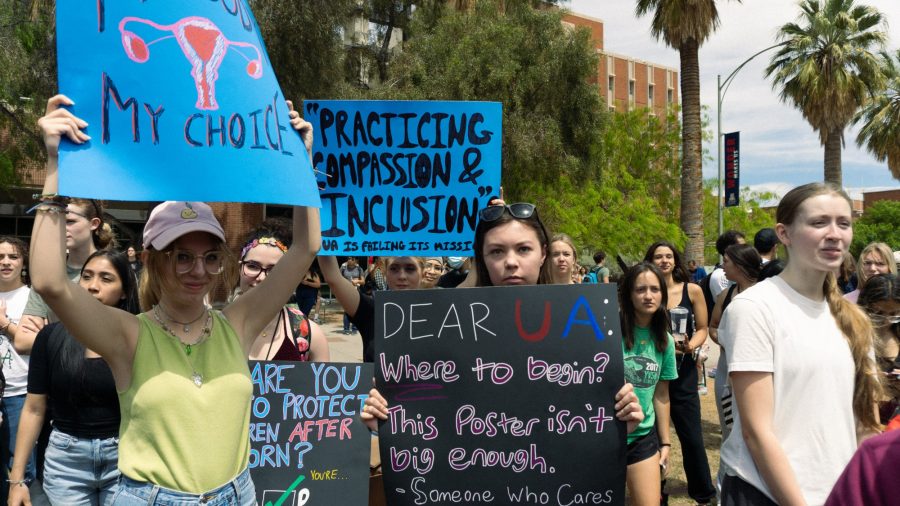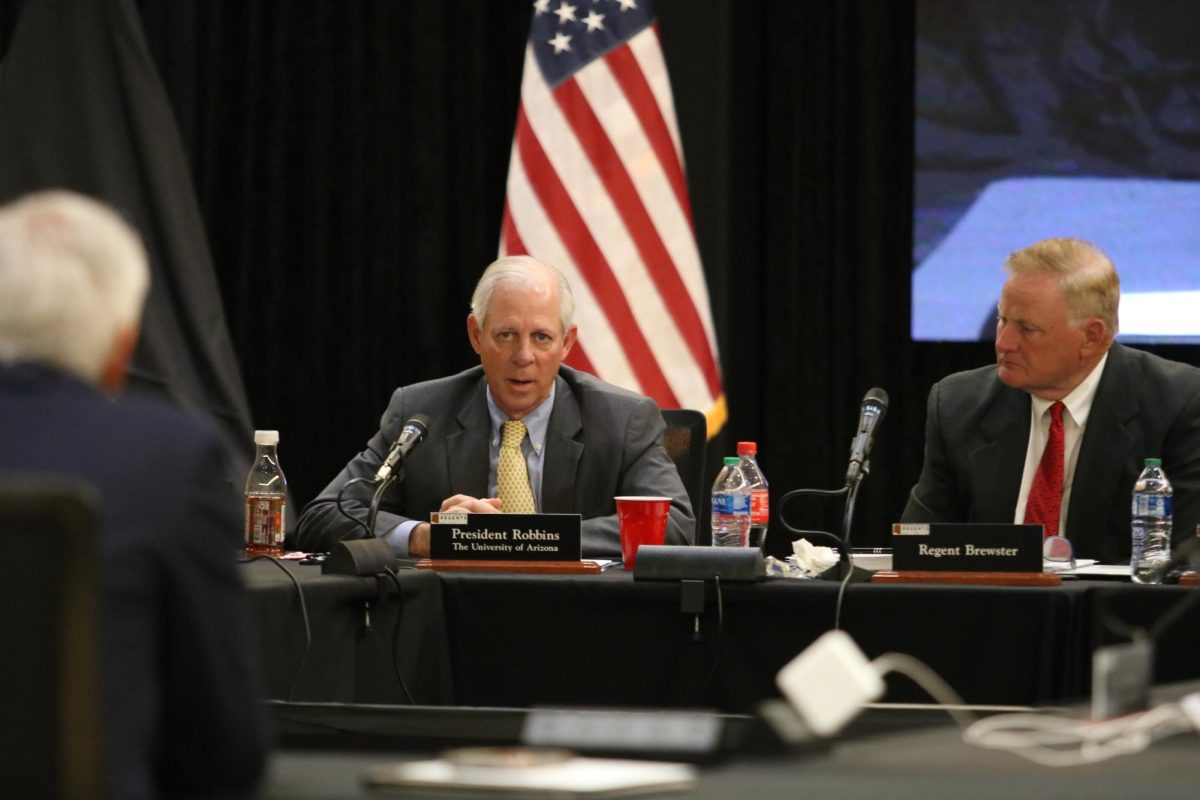Voters are showing up less each year. This year in the Arizona primary elections, 27 percent of voters participated. This is 3 percent lower than the last non-presidential voting year, leading to issues with re-counting votes and relying on a larger variety of voters to head to the polls, including university-aged people.
“It’s a bit of a disappointment,” said Secretary of State Ken Bennett in a statement to The Arizona Republic, referring to the lack of attendance.
A smaller pool of voters leads to issues with re-counting. This is a problem because there must be a margin of fewer than 20 votes to receive an automatic recount. Burnell Smith, who lost the GOP nomination for Legislative District 15 seat by 32 votes, said in a statement to The Arizona Republic that he plans to have an automatic recount — due to the small amount of voters who showed up at the polls for the primaries.
Jacob Branderhorst, a history sophomore, said that while he isn’t registered to vote, he plans to get registered to vote this November.
“It’s a right that I’ve been bestowed by those Americans who came before me,” Branderhorst said, “and I plan to execute that right in honor of them and to voice my opinion.”
He added that he doesn’t think many college students vote because they think their votes don’t matter. He also said that if all college students made voting a priority, together they could make a “massive difference.”
Many people aged 18 to 24 aren’t voting. According to a government census, in 1964, 50.9 percent of eligible voters from ages 18 to 24 voted, while in 2012, only 38 percent voted. This was only during presidential voting years, when voters come out to the polls in larger numbers.
Nathan Lease, a physiology sophomore, said that he isn’t registered to vote, and voting this November isn’t a priority for him.
Lease said he believes many college students think along the same lines that he does: They are busy, and politics aren’t the most important thing to them. He also said college students have a lot going on and don’t see voting as “too big of a deal at this stage in life.”
The reason behind the lack of votes coming out of young adults is up for debate, but the fact that they aren’t voting in comparison to their older counterparts is indisputable. In 2012, 60 percent of eligible voters aged 30 to 44, 68 percent of eligible voters aged 45 to 64, and 72 percent of voters aged 65 and older took to the polls for the presidential race. Only 45 percent of eligible voters aged 18 to 29 did the same.
Reem Anouti, a speech, language, and hearing sciences sophomore, is a registered voter in Pima County. She said she plans on voting in November because she believes every vote matters. She added she realized that many of her peers don’t vote and said they might be too busy to go to the polls.
“I don’t think everyone realizes how much voting really does pertain to them as college students paying for tuition and working at minimum wage jobs,” Anouti said.
Registration for the general election closes on Oct. 6 at midnight, early voting is on Oct. 9 and general voting is on Nov. 4.
—Follow Christianna Silva @christianna_j









